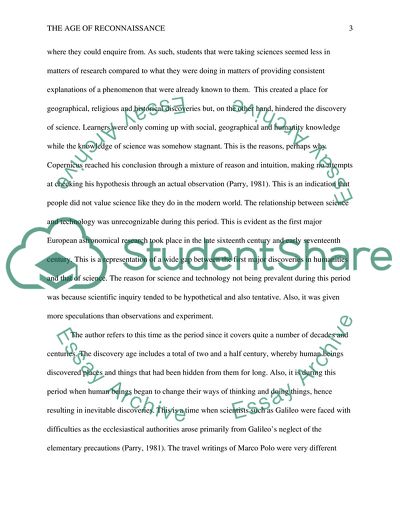Cite this document
(“Unit I: The Age of Reconnaissance (Origins and Motives) Essay”, n.d.)
Retrieved from https://studentshare.org/literature/1695787-unit-i-the-age-of-reconnaissance-origins-and-motives
Retrieved from https://studentshare.org/literature/1695787-unit-i-the-age-of-reconnaissance-origins-and-motives
(Unit I: The Age of Reconnaissance (Origins and Motives) Essay)
https://studentshare.org/literature/1695787-unit-i-the-age-of-reconnaissance-origins-and-motives.
https://studentshare.org/literature/1695787-unit-i-the-age-of-reconnaissance-origins-and-motives.
“Unit I: The Age of Reconnaissance (Origins and Motives) Essay”, n.d. https://studentshare.org/literature/1695787-unit-i-the-age-of-reconnaissance-origins-and-motives.


